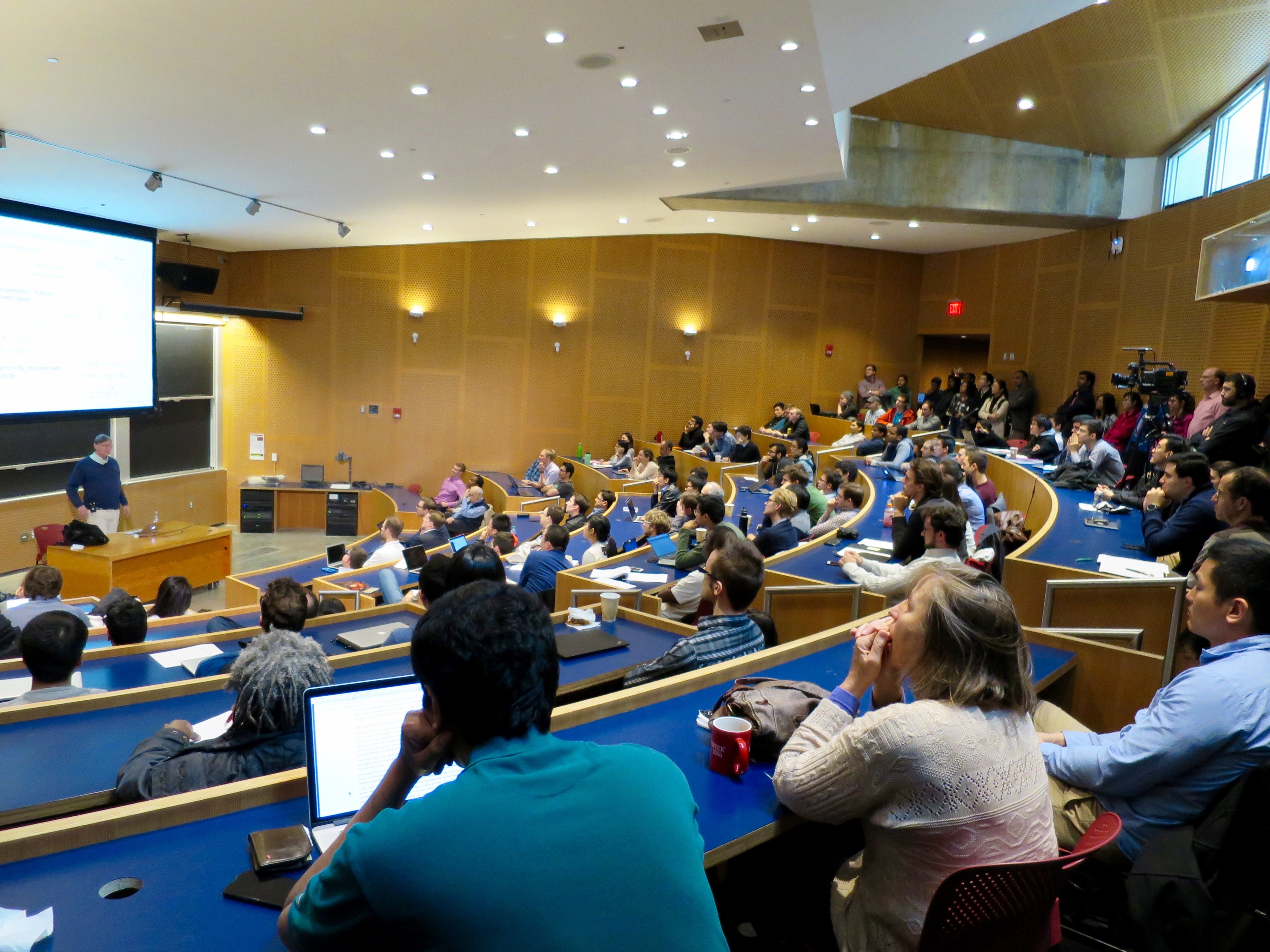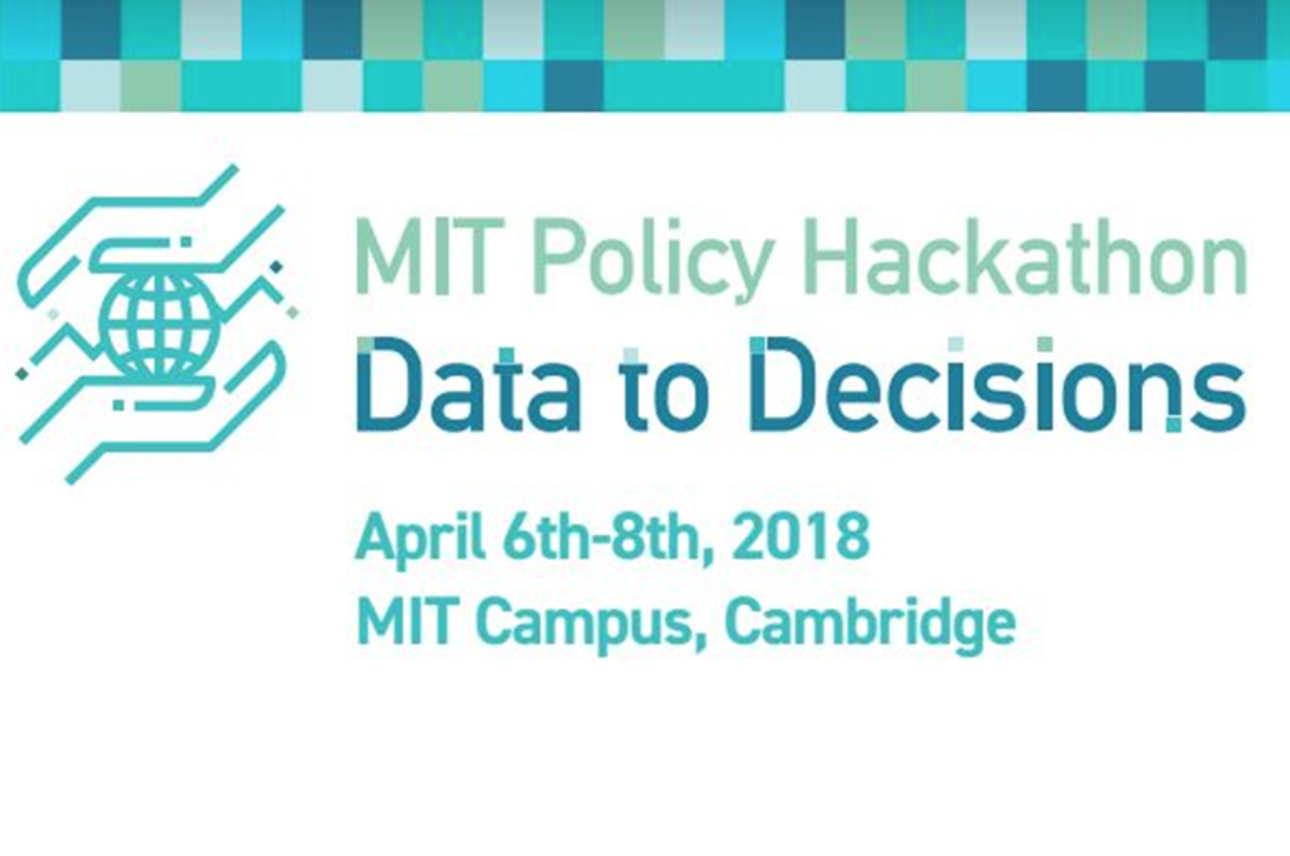Safe Learning in Robotics
32-141 , United StatesAbstract A great deal of research in recent years has focused on robot learning. In many applications, guarantees that specifications are satisfied throughout the learning process are paramount. For the safety specification, we present a controller synthesis technique based on the computation of reachable sets using optimal control. We show recent results in system decomposition…




